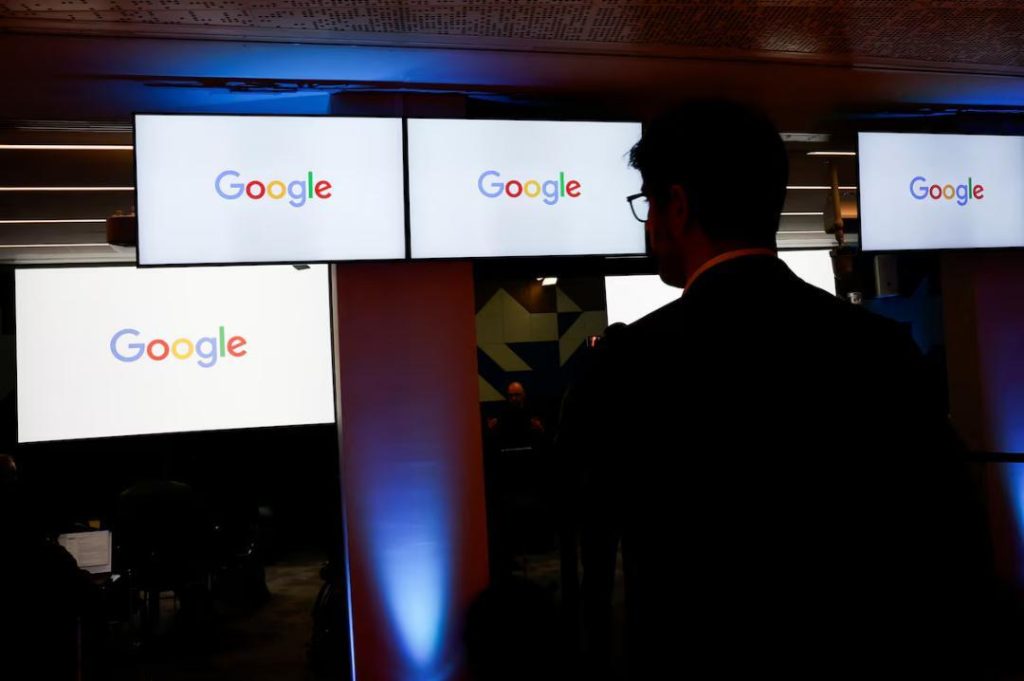
EU Court Backs Italian Body Against Google in Antitrust Case
In a significant ruling, the European Union’s top court has upheld the fine imposed by the Italian antitrust watchdog on Google for blocking Enel’s JuicePass app from accessing the Android Auto platform. The fine, amounting to $106.7 million, was initially imposed in 2021 and has now been validated by the Court of Justice of the European Union (CJEU).
The case dates back to 2019 when Enel, an Italian energy company, developed an app called JuicePass that allows users to charge their electric vehicles using public charging points. The app was designed to work seamlessly with Android Auto, a popular in-car infotainment system developed by Google. However, Google refused to grant Enel’s app access to the Android Auto platform, citing security concerns.
The Italian Competition Authority (AGCM) subsequently launched an investigation into Google’s behavior, concluding that the company had abused its dominant market position by blocking Enel’s app from accessing the Android Auto platform. The AGCM fined Google $106.7 million for the alleged abuse of market power.
Google, however, challenged the decision at the Italian Council of State, arguing that its actions were necessary to ensure the security of the Android Auto platform. The Council of State partially upheld Google’s appeal, reducing the fine to $83.5 million. However, the AGCM appealed the decision to the CJEU, which has now upheld the original fine of $106.7 million.
In its ruling, the CJEU considered Google’s actions as an abuse of its market power, stating that the company had imposed unjustified conditions on Enel’s app that restricted its ability to access the Android Auto platform. The court noted that Google’s security concerns were not sufficient to justify its actions, as the company had failed to provide evidence of any specific security risks posed by Enel’s app.
This ruling is significant not only for Enel and JuicePass but also for the broader tech industry. It serves as a reminder that dominant companies like Google must not use their market power to restrict competition and innovation. The CJEU’s decision reinforces the importance of maintaining a level playing field in the digital market, where smaller companies and startups can compete fairly with larger players.
The ruling also sends a strong message to Google and other tech giants that the EU will not tolerate anticompetitive behavior, even if it is disguised as a security concern. The CJEU’s decision is a testament to the EU’s commitment to promoting fair competition and protecting consumers in the digital market.
The implications of this ruling extend beyond the tech industry, as it has significant consequences for the development of digital infrastructure and innovation in the EU. The EU’s digital single market strategy aims to create a seamless and innovative digital environment that benefits consumers and businesses alike. This ruling helps to achieve that goal by ensuring that dominant companies do not use their market power to stifle competition and innovation.
In conclusion, the CJEU’s decision to uphold the fine imposed on Google is a significant victory for Enel and JuicePass, as well as for the broader tech industry. It serves as a reminder that dominant companies must not use their market power to restrict competition and innovation, and that the EU will not tolerate anticompetitive behavior. This ruling is a crucial step towards creating a fair and innovative digital market in the EU, where consumers and businesses can thrive.





